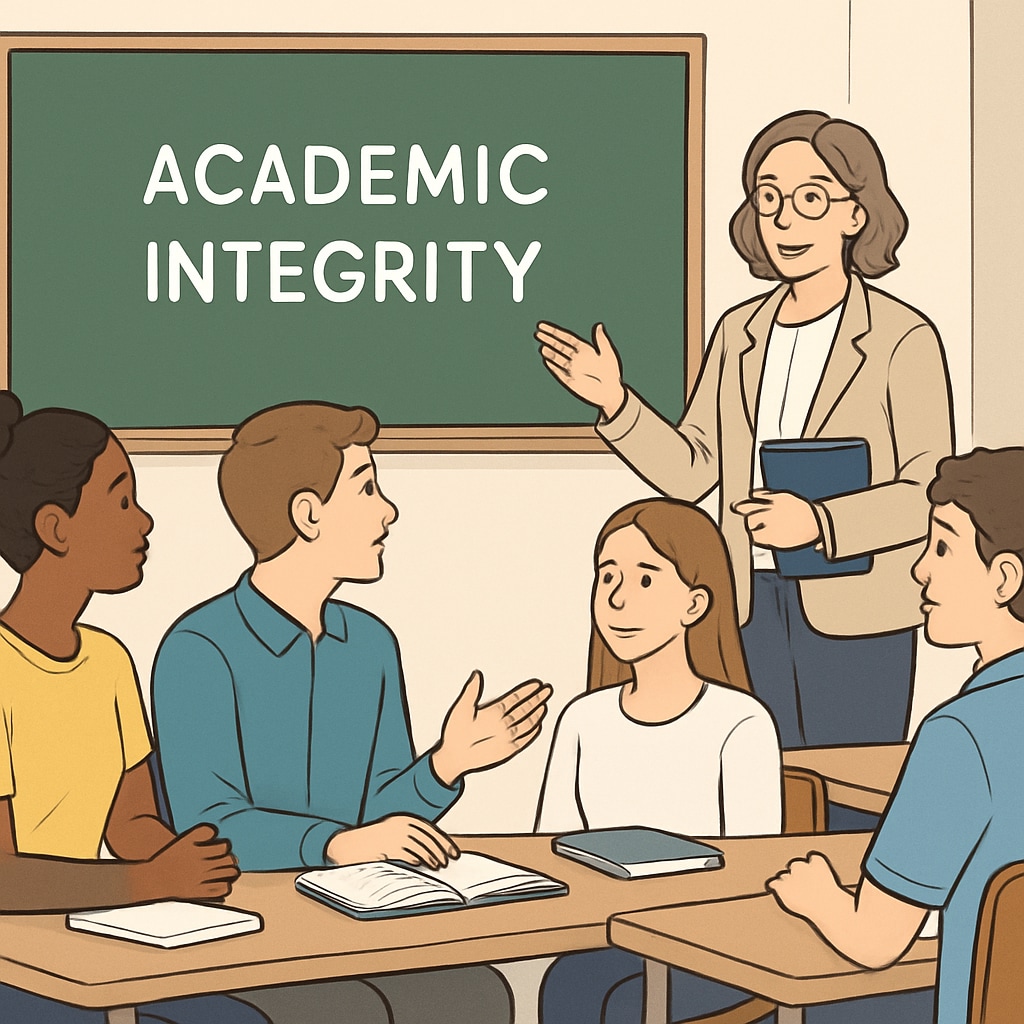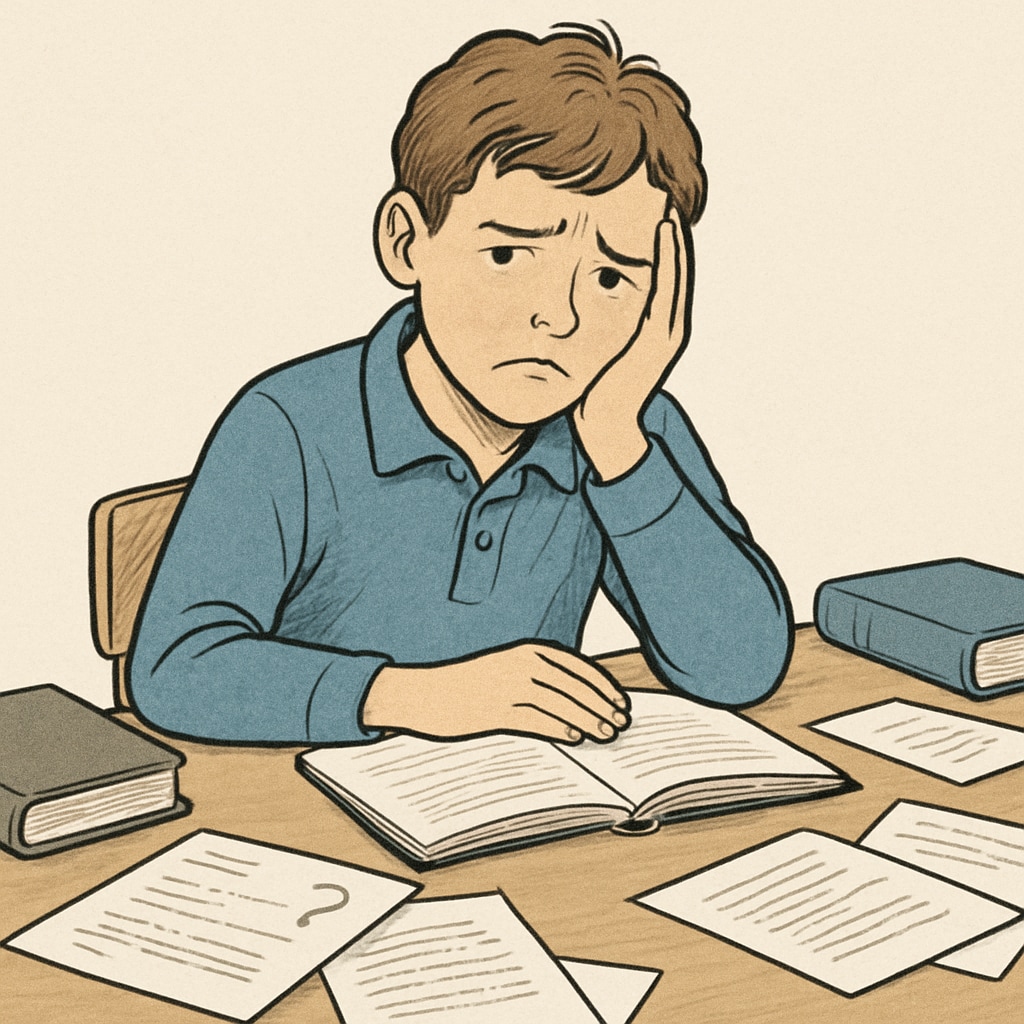Accusations of plagiarism can have devastating consequences for students, especially when they are unjustly charged by professors. The issue of “unjust plagiarism accusations” not only harms the accused but also undermines the principles of fairness and trust in the educational system. This article examines the root causes of such wrongful accusations, their impact, and the necessity for clear guidelines to protect both educators and students.

Understanding the Complexities of Academic Integrity
Academic integrity (the adherence to ethical standards in scholarly work) is the cornerstone of education. However, the process of determining whether a student has violated these principles can be fraught with challenges. For example, misunderstandings about citation practices or differences in cultural norms regarding intellectual property can lead to false accusations. Professors, despite their expertise, may sometimes misinterpret these nuances, resulting in unjust charges against students.
These wrongful accusations often stem from:
- Miscommunication between professors and students about expectations.
- Lack of robust training for educators on plagiarism detection tools.
- Over-reliance on automated plagiarism software, which may flag non-plagiarized content.
As a result, students can face disciplinary actions that may tarnish their academic records and affect their future careers.
The Consequences of Unjust Plagiarism Accusations
Wrongful accusations of plagiarism can have long-lasting repercussions for the accused. In addition to emotional distress, students may suffer from lowered self-esteem, damaged academic prospects, and even financial losses if scholarships are revoked. Furthermore, the broader educational environment is impacted, as trust between educators and students erodes. Such incidents can discourage creativity and intellectual exploration, stifling the very purpose of education.

For example, a case reported by Britannica on Academic Integrity highlights how a student was wrongly accused based on poorly calibrated plagiarism software. Such tools, while helpful, are not infallible and should never replace thorough human judgment.
Building a Fair and Transparent System
To prevent unjust plagiarism accusations, educators and institutions need to adopt a more transparent and equitable approach. Here are some recommendations:
- Train professors and academic staff in using plagiarism detection tools effectively, ensuring they understand their limitations.
- Develop clear policies that outline acceptable citation practices and educate students about these standards.
- Implement an appeals process, allowing students to contest accusations and provide evidence of their innocence.
- Encourage open communication between educators and students to clarify expectations and avoid misunderstandings.
These measures can promote fairness and help rebuild the trust that is essential for a thriving educational environment.
Additionally, institutions could benefit from consulting resources like the Wikipedia entry on Plagiarism, which provides comprehensive information on the subject and its implications.
Conclusion: A Call for Justice in Education
Unjust plagiarism accusations by professors represent a serious distortion of academic integrity principles. Both educators and institutions must take proactive steps to ensure fairness and transparency in handling such cases. By fostering open communication, educating both students and professors, and implementing clear review processes, we can protect the rights of the accused and uphold the values of education.
Students deserve an environment where their creativity and intellectual growth are encouraged, not stifled by fear of unjust accusations. It is time for educators and academic institutions to rise to the challenge and create systems that prioritize justice and equity for all.


